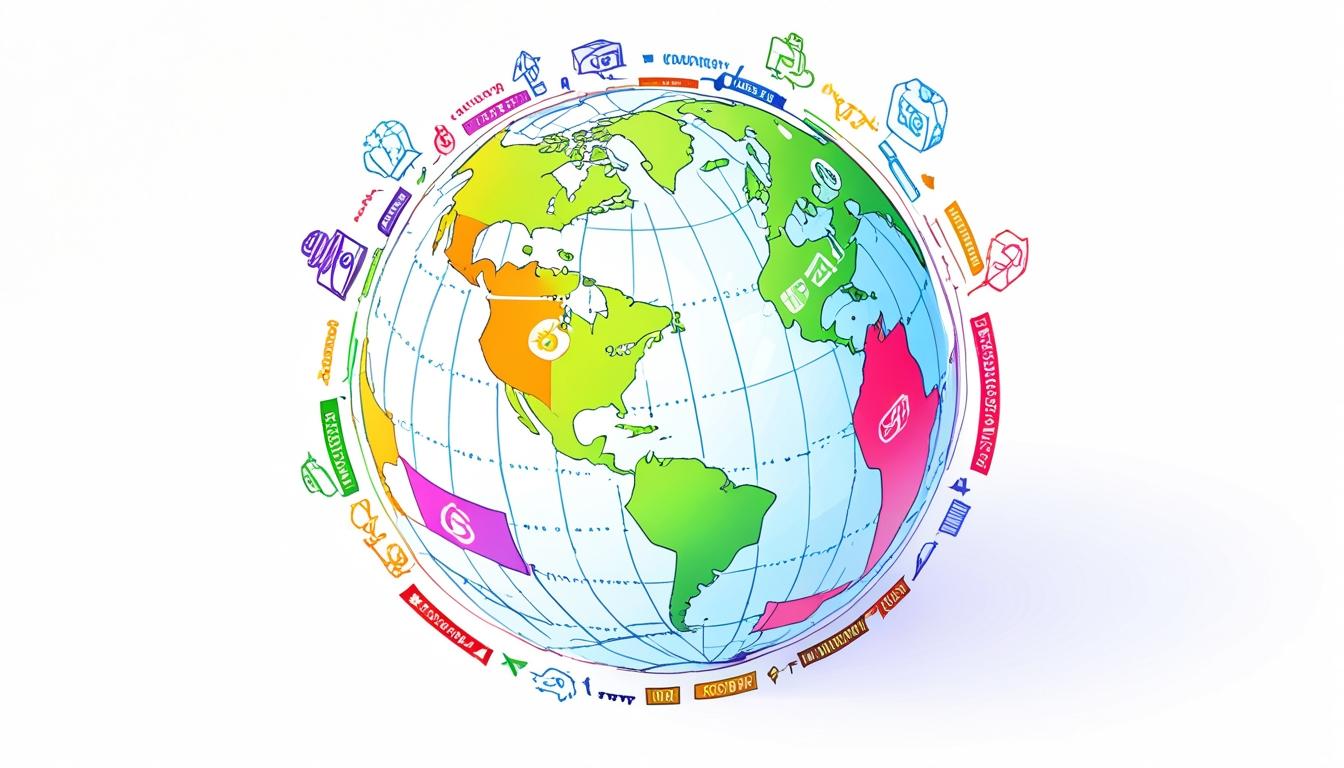In today's eco-conscious marketplace, supply chain transparency has emerged as a vital business imperative, transcending its previous status as merely a trending phrase. With consumers becoming increasingly attentive to the origins and production methods of the products they purchase, companies are under mounting pressure to address the environmental and ethical ramifications embedded in their global supply networks. The established notion is that transparency is no longer a tick-box for regulatory compliance; instead, it has morphed into a significant competitive advantage.
Research indicates that contemporary consumers are willing to pay a premium of 2-10% for products marketed by transparent companies. This consumer behaviour signals a paradigm shift in purchasing decisions, as ethical sourcing and sustainability become central to brand loyalty and market competitiveness. Businesses now face the pressing question not of whether to embrace transparency but rather how swiftly they can adapt to this evolving landscape.
Stephen Carter, Director of Product at Ivalua, elaborated on these trends, stating that awareness around supply chain sustainability is fuelling consumer expectations for openness from brands. He noted that companies that proactively share detailed information about their supply chains can effectively enhance their relationships with consumers. This sentiment is echoed in research from MIT Sloan School of Management, which suggests that transparency significantly strengthens consumer trust and can even catalyse increased sales. The study underscores that consumers are more inclined to engage with companies that divulge insights regarding working conditions and environmental impact.
Moreover, a study published in the International Journal of Logistics Management explains that consumer willingness to pay for refurbished products is notably influenced by supply chain transparency. It reveals that individuals deeply concerned about environmental issues are more likely to spend extra, particularly when a brand's sustainability message resonates with their personal values. This finding highlights the need for companies to adopt tailored communication strategies that align with their target audiences' beliefs about sustainability.
Supporting these assertions, data from the 2023 Fairtrade America Consumer Insights report reveals that 61% of American consumers are now familiar with the Fairtrade label, a significant increase of 20% since 2021. Further, a compelling 80% of respondents indicated a willingness to pay more for ethically and sustainably sourced products, reinforcing the imperative for brands to prioritise transparency in their sales strategies.
In tandem with these findings, Oracle elaborates that 65% of shoppers are likely to switch to brands that engage in transparent supply chain practices. This statistic emphasises the tangible competitive advantage gained through proactive communication about production processes, which not only fosters trust but also instills consumer loyalty. A related discourse by ESW informs us that 94% of consumers are more likely to commit to brands that offer complete transparency, thereby linking transparency to customer loyalty and future profitability.
Ultimately, as consumers increasingly demand transparency and ethical standards in their purchasing decisions, companies have no choice but to reshuffle their strategies accordingly. As building trust emerges as a critical component of modern business, transparency in supply chains is proving to be an essential pathway to securing loyalty and fostering long-term customer relationships. Embracing this shift is no longer an option, but rather a necessity for companies aiming to thrive in an ever-evolving market landscape.
Reference Map
- Paragraphs 1, 2, 3, 4, 5, 6, 7
Source: Noah Wire Services
